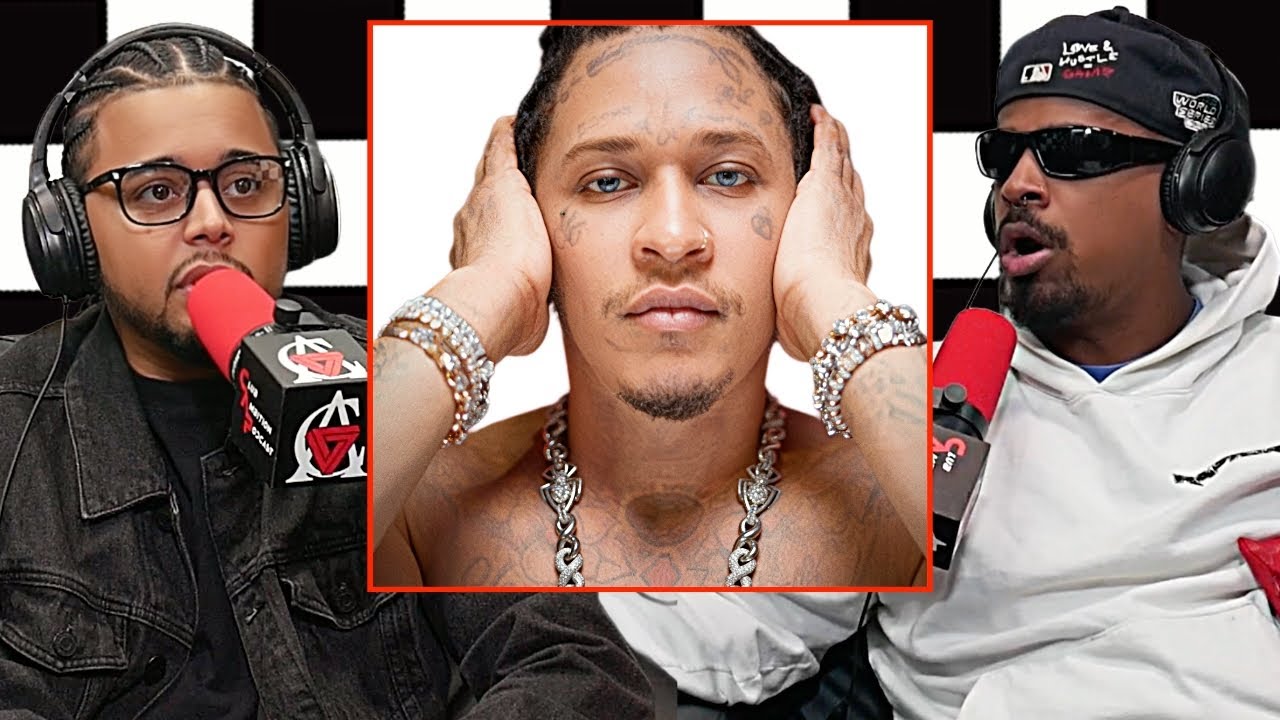On the latest episode of the Club Ambition podcast, the hosts revisited 6ix9ine’s controversial past and the lasting effects of his decision to cooperate with federal authorities. While once dismissed, many of the rapper’s claims about the music industry are now being reconsidered.
The conversation opened with 6ix9ine’s justification for cooperating in his federal trial, citing betrayal from his crew, including kidnapping attempts and personal betrayals. Though widely shunned for “snitching,” his comments in post-prison interviews are being reexamined as industry truths resurface.
The hosts pointed out that 6ix9ine openly called out others in the business, including Roc Nation executive Desiree Perez, who reportedly acted as an informant in the past but continues to work at the highest level of the industry. His argument: if others have cooperated with authorities yet remain in powerful positions, why has he been singled out?
A major focus was 6ix9ine’s criticism of inflated streaming numbers. He accused labels of using bots and bulk purchases to boost chart positions, even conducting his own investigation into Billboard when Ariana Grande’s team allegedly submitted around 60,000 last-minute units, half of which he claimed were purchased using just six credit cards. Billboard declined to disclose details, fueling suspicion.
While his reputation as an internet provocateur overshadowed his credibility, the hosts noted that today’s industry figures such as DJ Akademiks and Wack 100 regularly share platforms with him. In turn, 6ix9ine has become the “poster child” of snitching, yet also one of the few artists to publicly document and expose industry practices.
The panel suggested Billboard may have quietly blackballed 6ix9ine, ignoring his releases despite strong YouTube numbers, partly in response to his public criticisms.
The discussion revisited Meek Mill’s past comments labeling 6ix9ine a rat and linking his actions to the tragedy of Nipsey Hussle’s death. 6ix9ine fired back by questioning Meek’s continued performances with Young Thug despite Thug’s own legal troubles.
The debate reignited when Drake liked a post by DJ Akademiks referencing 6ix9ine’s claims about fake numbers. The hosts questioned whether Drake was trolling, signaling agreement, or subtly drawing attention to ongoing industry manipulation, particularly as the superstar faces his own UMG lawsuit over alleged stream fraud. His visible loyalty to Young Thug, contrasted with his distance from Gunna, further complicates the picture.
While Redman, Jay-Z, and others referenced similar practices in the ’90s, the hosts argued that 6ix9ine stands out for documenting the process in detail and exposing it online. They suggested an “organized system” of manipulation exists across the industry, with 6ix9ine unwillingly cast as the truth-teller.
The episode closed on the idea that while 6ix9ine’s music has declined in quality and popularity since his trial, his warnings about industry corruption continue to echo. Between ongoing lawsuits, questions of loyalty, and the rise of stream manipulation discourse, the hosts argue his claims can no longer be ignored.











